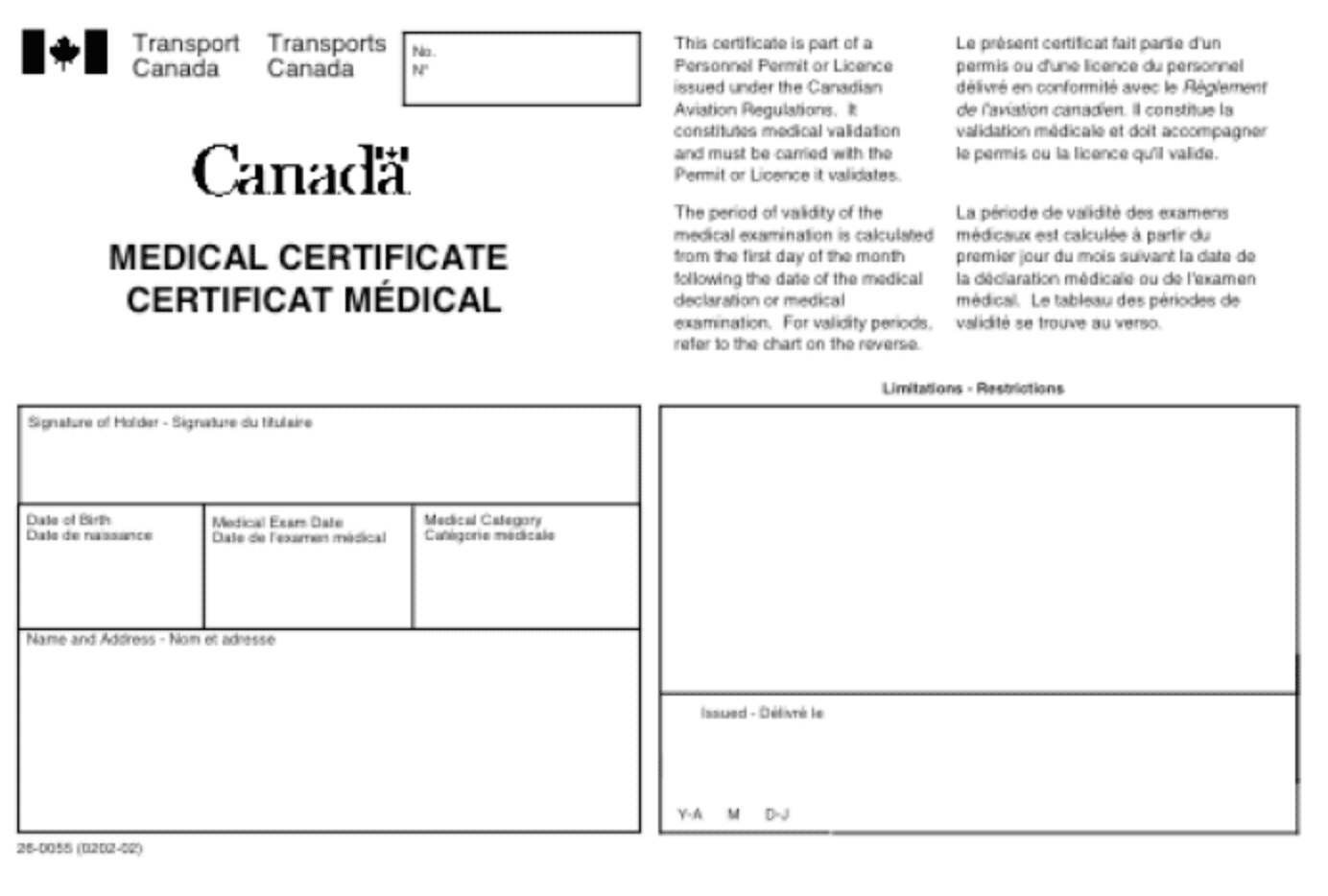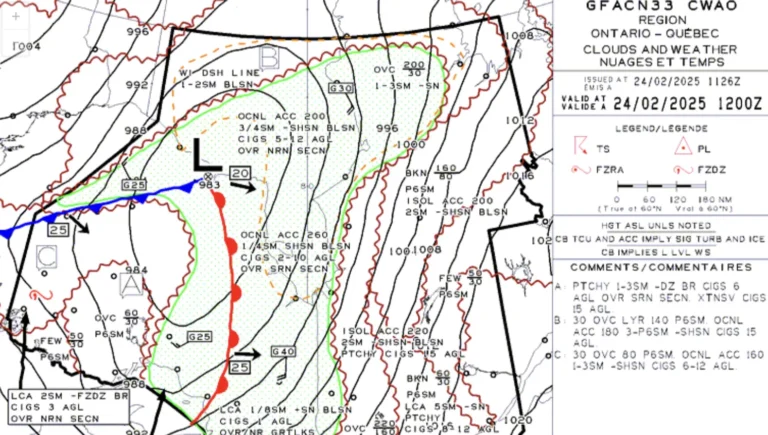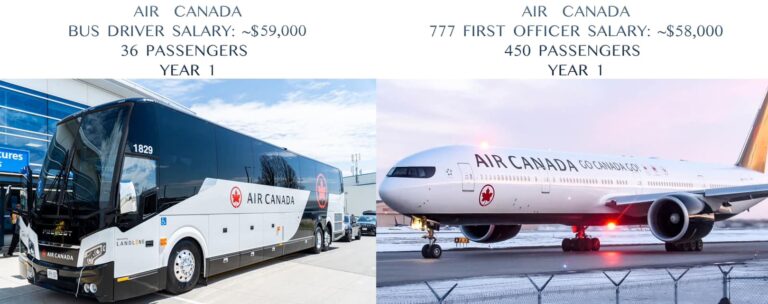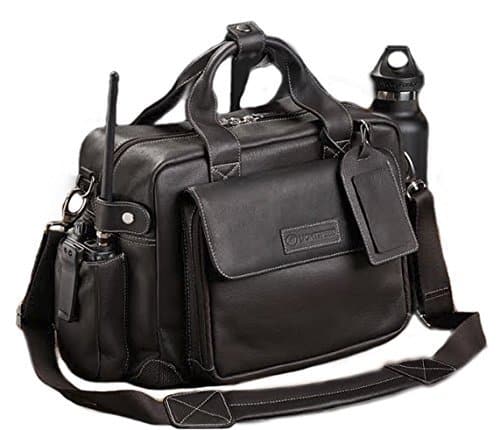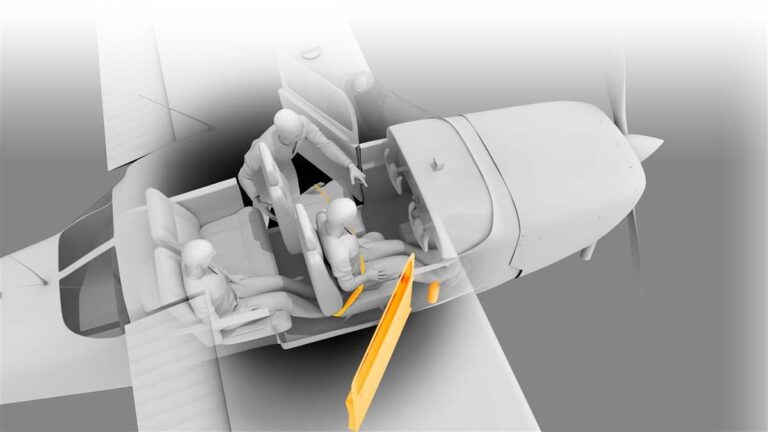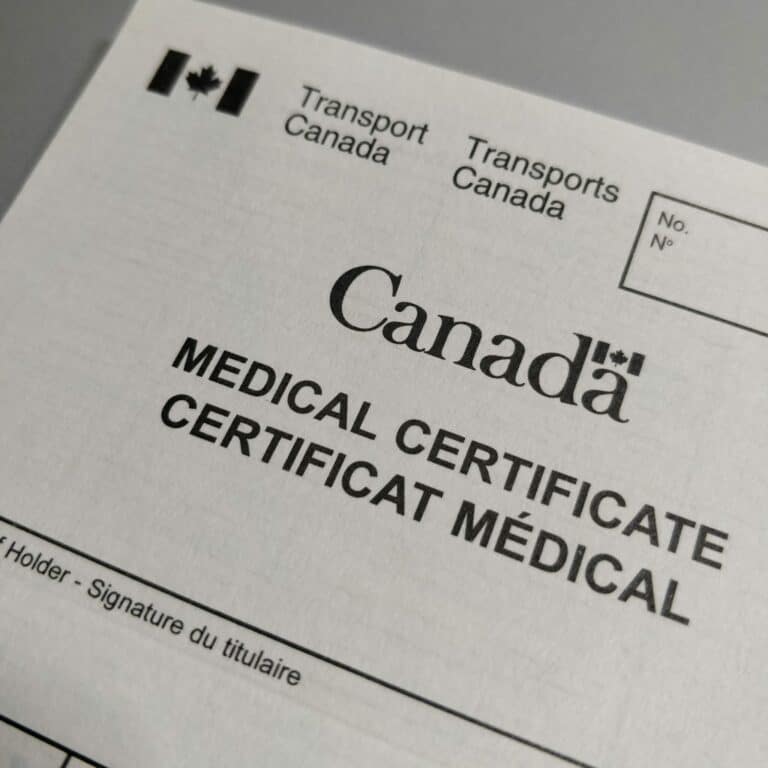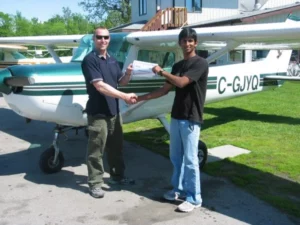What Happens at an Aviation Medical?
A very common question we hear from new student pilots and even existing pilots is what happens at an aviation medical. For existing pilots, questions about the renewal process usually take center stage as the medical examination is the same as their initial medical exam but the paperwork is slightly different. Whether you’re starting flight training or renewing your medical for your next season of flying, here’s how the aviation medical works in Canada—from booking the exam to receiving your certificate.
What is an Aviation Medical?
An aviation medical is a certificate issued by Transport Canada which certifies pilots in Canada as medically fit to fly aircraft. Pilots will require an appropriate category of medical which matches the type of flying they do. For example, commercial and airline pilots require a Category 1 medical whereas private pilots can obtain a Category 1 or 3 medical.
Book with a Transport Canada designated doctor
Only Civil Aviation Medical Examiners (CAME) can conduct aviation medicals towards a Category 1, 2, or 3 medical certificate. You must contact a CAME near you to schedule the appointment. Transport Canada maintains a searchable database of CAMEs which you can use to find the CAME closest to you.
CAMEs set their own fees so you should ask about the cost when you book the exam.
Living abroad? You may be examined by CAMEs outside of Canada where applicable. Click the link above and change the country to see if a CAME is near you.
Get Your Documents Ready
Upon arrival for your medical appointment, you may be required to write some details down for the nurse or doctor conducting your examination. Your standard height and weight will be measured and some information will be gathered from you. Be ready to provide or answer questions relating to:
- Government photo ID
- Medication list (name, dosage, frequency)
- Lens prescription (if you wear glasses or contacts)
- Family doctor’s name and phone number
- Past medical history
- Previous medical reports if applicable
- Overview of family family history
If you are already a pilot or have previously held a medical certificate and are conducting a renewal:
- Pilot license/permit number
- Flight time in the last 12 months
- Total flying time
A urinalysis will be conducted during the medical exam with the primary focus to check for glucose and blood. CAMEs do not normally check urine for drugs. If you are using drugs and wish to become a pilot, we suggest you evaluate your priorities prior to embarking on this journey. Transport Canada prohibits the use of marijuana within 28 days of any flying activities.
Attend the Medical Exam
All medical exams for pilots must cover the same items and the order in which these things are covered are completely up to the doctor and nurses. During the exam, the doctor will examine the various items and complete the medical examination report before sending it to Transport Canada. All initial medicals are reviewed by Transport Canada staff.
If the CAME believes you are unfit or if the CAME feels that your medical file is incomplete, they must notify Transport Canada. Transport Canada will review your medical and may require you to provide additional information before they can approve your medical. Typical reasons for medical deferral may be:
- History of mental illness and associated prescriptions
- Candidate is overweight and requires a sleep apnea study to be completed
- Colour blindness
- History of seizures
- Hypertension, etc.
The job of a CAME is to assess your overall medical fitness for aviation against the standard for the category you’re applying for (Category 1, 2, 3, or 4). They’ll review your medical history, the documents you’ve brought, and complete their required checks before filing the report.
The Typical Aviation Medical
This is how a typical medical might go for a pilot:
- Check in with reception and pay the medical fee
- Begin filling out the medical examination form (above)
- Nurse will take your weight and height, maybe even go over some brief items with you
- The doctor sees you and asks about your medical history and current list of prescriptions
- Doctors will ask about alcohol use, cannabis use, or any medical conditions you have
- A physical examination is done
- Visual acuity is checked (yes, pilots can have glasses/contacts)
- Hearing is checked
- Colour perception is checked
- Urinalysis, ECG, and formal audiogram are completed (if required)
All initial medicals and files which require review are sent to Transport Canada for evaluation.
If you are renewing a medical and you pass, the examiner will stamp your existing medical or aviation document booklet as a sign of medical renewal. You do not have to wait for anything.
Transport Canada Reviews Your File
After your initial exam, Transport Canada medical personnel will evaluate the CAME’s report. If they require additional information or tests, they will contact you with the next steps. In this case, you complete those steps and provide the results to the CAME, who will then forward them to Transport Canada. If you do not complete these steps, you will not be issued a medical certificate.
Transport Canada is historically known to have a large back log of files which require review. Any delays on your end will delay your medical process. Be prepared if you can.
Get Your Medical in the Mail
If you are assessed as fit, you will receive your medical in the mail. It will either be in the form of a label or as a stand alone medical. If it is a label, it will go in your aviation document booklet. If it is a standalone medical (for students who do not yet have a booklet), it will be a certificate which requires your signature.
If Transport Canada cannot certify you as medically fit, you can request a description of the assessment and information about appeal options.
Separate fees: You may also receive a Transport Canada invoice for processing or related services. Pay it via the online invoice payment form using your customer number, invoice number, and amount. This is separate from the CAME’s exam fee.
Category 4 Medical
A category 4 medical certificate is intended for student pilots, recreational pilot permit holders, and some glider pilots. A Category 4 medical can be obtained by either:
- Completing a Category 4 Medical Declaration Form (with a physician countersignature if required), or
- Doing a standard medical exam with a CAME.
Pro-Tips for Students
- Book early and be willing to travel to see your CAME. Sometimes the closest CAME is booked out for a month while the one 20 minutes away can see you tomorrow. Don’t delay your medical.
- Over-prepare any documents. If possible, do any audiograms, ECGs, or medical reports to avoid follow-up delays. If you have a condition which may require additional information, like a history of using SSRIs or ADHD medication as a child, ask about what report is required during booking.
- Know your path. If you want to be a commercial pilot, plan for a Category 1 medical for peace of mine.
Need Help?
If you’re training with Canadian Flight Trainers, we can help you understand which medical category you need for your goals, when to book, and how to keep your paperwork clean so your training stays on schedule.
This article summarizes Transport Canada’s published guidance. Always follow the latest instructions you receive from your CAME and Transport Canada.
How much does an aviation medical cost?
CAMEs set their own fees. Ask your examiner when booking. Any Transport Canada processing invoices are separate and paid online.
How long does it take to get my certificate?
After your exam, Transport Canada reviews your file. If additional tests are required, you’ll be contacted. Timelines vary depending on findings and how quickly follow-up tests are completed and submitted to a CAME. Students get them in as little as 3 weeks while files that require follow up can take a year.
What if Transport Canada needs more information?
Complete the requested tests and submit results via a CAME. If you don’t complete them, you won’t receive your certificate.
Do I need an ADB (Aviation Document Booklet)?
Licensed pilots receive a label to place in the ADB. Students without an ADB receive a standalone medical certificate. Please sign your medical certificate when you receive it.
Can I keep flying if my medical is about to expire?
If you can’t get examined in time, you may qualify for a one-time extension up to 60 days—apply and pay before expiry and follow the email instructions above.
How long is my category 1 medical valid for?
The validity period depends on the license you have and your age. It can be 6 months, 1 year, 2 years, or 5 years depending on the factors. Categories of medicals never change unless a doctor or Transport Canada reassess you to a different standard.
What happens at an aviation medical renewal?
If you pass your medical, the CAME will stamp your medical renewing it instantly. There is no waiting for anything in the mail. If your medical is deferred, you will be required to discuss your situation with Transport Canada.
Discover more from Canadian Flight Trainers
Subscribe to get the latest posts sent to your email.

